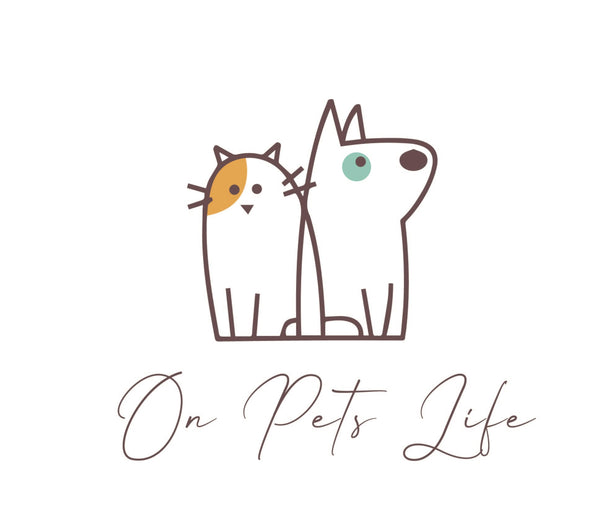In addition to eating and sleeping all day long, the kitten at home will also lead to depression because of too much pressure? Are you kidding?! It is estimated that many people will have this reaction.

Seriously, too much pressure can really happen to indoor cats.
No matter how hard we try to decorate a warm and comfortable home for our babies, some kittens will still have symptoms of anxiety and excessive pressure for various reasons.
For cats, psychological anxiety will also greatly affect their physical health. At the same time, it will also lead to many behavioral problems, making the gentle little angel become an incomprehensible little devil.

Sources and causes of anxiety disorder in moggy
There are more reasons for cat anxiety than you think. The most common reasons mentioned in the article are as follows:
a. Personnel changes: new family members, hostesses and babies, more people live together, and cats are not used to new interactions and new smells.b. Changes in daily life: for example, Simon may shit first and then brush his teeth every morning instead of brushing his teeth first and then shit.
c. The change of living environment makes them unable to enjoy the normal cat Life: jumping, climbing and running around the house is the privilege of cats. Without these, they will lose a lot of fun; After moving, the new house is full of unaccustomed smell.
d. Bad relationship with people: for example, you don't play with your catesrecently, or you punish the cat too much.
e. New cats enter the door or old cats go home: cats are domain animals. Any increase in cat members is a domain defense for them: such as food, resting place and shit basin.
Moggy anxiety disorder may cause:
As repeatedly emphasized in the article, anxiety disorder has a serious impact on the health of cats. Anxiety disorder can greatly affect the cat's immune system and allow various diseases to take advantage of it. Symptoms caused by stress may include:
a. Herpesvirus: herpesvirus likes stressed cats best. Once the defense ability of the immune system decreases, they wave a big flag and move in. Infected cats will show symptoms of various upper respiratory diseases: sneezing, tears and runny nose.b. Skin diseases: for cats with a history of allergy, skin diseases are most likely to occur under high pressure.
c. Gastrointestinal diseases: a series of gastrointestinal diseases have long been proved to be related to anxiety disorders, such as sudden loss of appetite, inexplicable vomiting and diarrhea.
Behavior changes caused by anxiety disorder
Excessive anxiety disorder can affect the behavior of moggy, which seriously affects their quality of life.
a. Decreased food intake.b. Stop taking care of themselves.
c. The time for playing and exploring is greatly reduced.
d. No longer dally with their favorite furniture or family.
e. Less communication time with humans or other cats.
f. Talk too much or become like hiding.
g. Disorderly urination (urination is one of the behaviors of cats marking their territory).
h. Become very irritable and aggressive.
i. Obsessive compulsive disorder, excessive licking of hair and indiscriminate eating of non food items.
What to do when your cat is anxious
Find the symptoms of cat anxiety as soon as possible and find the right solution!
a. Anxiety caused by new membersStep 1: isolation: isolate the cat in a room and have its own sand basin, food basin and toys to make it no longer anxious.
Step 2: odor adaptation: exchange things between the cat and another cat / baby to make them familiar with each other's tastes.
Step 3: visual adaptation: when isolated, the two sides can not touch, but can see each other, which helps them accept each other.
Step 4: direct contact and adaptation: the last step is to let each other slowly contact and then adapt to the new life.
b. Improve the living environment and help reduce the cat's anxietyBuy cat trees, climbing racks and other furniture that can help cats climb higher, explore more space, and put cat nests, cartons and other items in the corner of the room, making them a safe haven for cats. Put some toys away and rotate regularly to increase the cat's interest in toys. Invest in some electric toys to let the cat experience the fun of hunting. Hide snacks in every corner of the room so that they won't be too boring when you leave
c. Some drugsPheromone spray and aromatherapy can also help cats with anxiety, but it's best to consult a veterinarian before use.
Finally, no matter what causes anxiety disorder, the countermeasures must be based on the condition that the cat itself has no disease. So once you find a change in your kitten's behavior, it's best to see the veterinarian first to ensure your health

